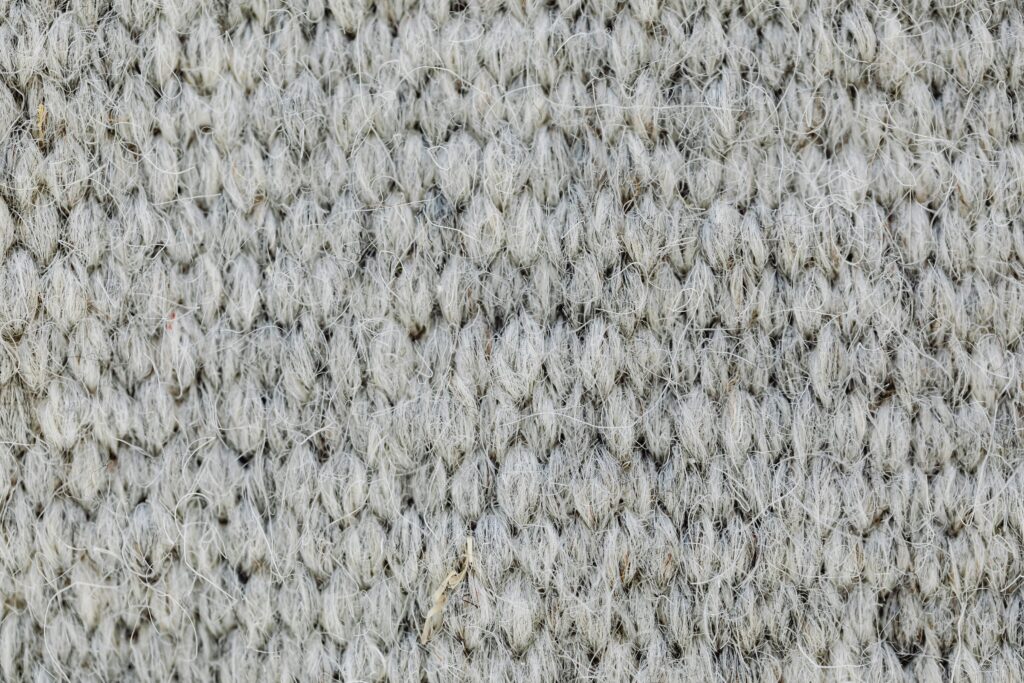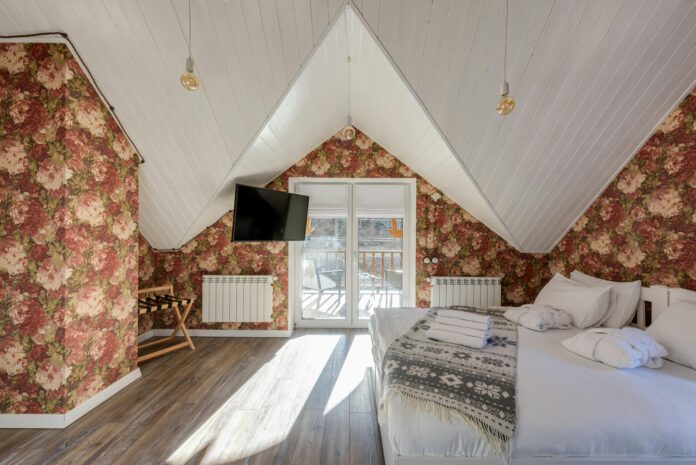Introduction
Proper attic insulation is critical for maintaining attic comfort and achieving attic energy savings in your home. Without sufficient insulation, your attic becomes a major source of heat loss in the winter and heat gain in the summer, leading to uncomfortable indoor temperatures and higher energy bills. Installing the best attic insulation can reduce heat transfer, regulate your home’s temperature, and cut energy costs significantly. This guide will discuss why attic insulation is crucial for maintaining home comfort and energy efficiency, along with tips on selecting the best insulation material for your attic.
The Importance of Attic Insulation for Year-Round Comfort

Attic insulation is one of the most effective ways to ensure year-round comfort in your home. By preventing heat from escaping in the winter and keeping hot air out in the summer, proper attic insulation creates a more stable indoor environment. Without it, your HVAC system has to work overtime, leading to higher energy bills and uneven temperatures. By installing or upgrading your attic insulation, you not only improve the comfort of your living space but also maximize energy efficiency, resulting in significant savings on heating and cooling costs.
Why Insulating Your Attic Is Essential
The attic is one of the largest sources of heat loss in a home. Since heat naturally rises, any warm air produced by your heating system will attempt to escape through the roof. Insufficient insulation results in significant heat loss, forcing your HVAC system to work harder and consume more energy to maintain warmth in your home.. In the summer, the reverse happens—heat from the sun infiltrates through the roof and warms up living areas, causing your cooling system to exert more effort.
By insulating your attic, you create a barrier that reduces heat transfer, helping to regulate the temperature inside your home. This makes it easier for your HVAC system to maintain a stable temperature, which translates into lower energy bills and a more comfortable living environment.
Key Benefits of Attic Insulation
Here are some of the main benefits of attic insulation:
1. Improved Energy Efficiency
A key advantage of attic insulation is the significant boost in energy efficiency.A well-insulated attic prevents heat from escaping during the winter and keeps cool air inside during the summer, allowing your HVAC system to run more efficiently. By reducing the strain on your heating and cooling systems, attic insulation helps lower energy consumption, which translates to lower utility bills and a reduced carbon footprint.
In fact, the U.S. Department of Energy estimates that homeowners can save up to 15% on heating and cooling costs simply by adding insulation to the attic.
2. Increased Comfort Year-Round
Another major benefit of insulating your attic is increased comfort throughout the year. Without proper insulation, you might experience uneven temperatures in different parts of your home, drafts, and uncomfortable indoor conditions, especially in extreme weather. Insulation serves as a barrier, helping to retain warmth in the winter and keep your home cool during the summer.As a result, your home maintains a more consistent and comfortable temperature, no matter the season.
3. Reduced Moisture and Mold Growth
Proper attic insulation also helps control moisture levels in your home. Without proper insulation, warm, humid air can ascend into the attic, condensing on cooler surfaces and causing moisture accumulation. Over time, this can create the perfect conditions for mold and mildew growth, potentially harming your home’s structure and posing health hazards to your family.
4. Protection Against Ice Dams
In colder regions, attic insulation is vital for preventing the formation of ice dams on your roof. Ice dams occur when heat from your home escapes into the attic and warms the the roof, leading to snow melting and refreezing along the edges. This can result in ice buildup, which can damage shingles, gutters, and even the interior of your home due to water leaks.
5. Enhanced Home Value
Investing in attic insulation not only improves your home’s comfort and energy efficiency but also increases its value. Energy-efficient homes are more attractive to potential buyers, and many buyers today are looking for properties that offer long-term energy savings. Proper insulation is a key feature that can set your home apart in the real estate market, potentially leading to a higher resale value.
Choosing the Right Type of Attic Insulation
When it comes to insulating your attic, there are several types of insulation materials available, each with its own set of benefits. Here are some of the most common types of attic insulation to consider:
1. Fiberglass Insulation
Fiberglass insulation is one of the top choices for attic insulation due to its popularity and effectiveness. Composed of fine glass fibers, it’s available in rolls, batts, or loose-fill, offering easy installation. Fiberglass is affordable, easy to install, and offers good thermal performance, with an R-value (thermal resistance) ranging from R-2.9 to R-3.8 per inch.
Best For Homeowners looking for an affordable and effective option for insulating their attic. Fiberglass is widely utilized in both newly constructed and older homes.
2. Spray Foam Insulation
Spray foam insulation is a high-performance option that expands upon application, filling gaps and creating an airtight seal. It is available in two forms: open-cell spray foam and closed-cell spray foam, with closed-cell foam offering a higher R-value of around R-6 to R-7 per inch.
Spray foam insulation is particularly effective at sealing air leaks and preventing moisture infiltration, making it an excellent choice for attics with hard-to-reach areas or irregular spaces.
Best For: Attics that require extra moisture control or need insulation in small or hard-to-reach areas.
Conclusion:
Properly insulating your attic is one of the most effective ways to improve your home’s comfort, reduce energy costs, and protect your property from moisture and temperature fluctuations. With several insulation materials to choose from, homeowners can find the best option that meets their needs and budget. Whether you’re building a new home or upgrading an older one, investing in attic insulation offers long-term benefits that will improve your home’s energy efficiency, enhance comfort, and increase property value.














